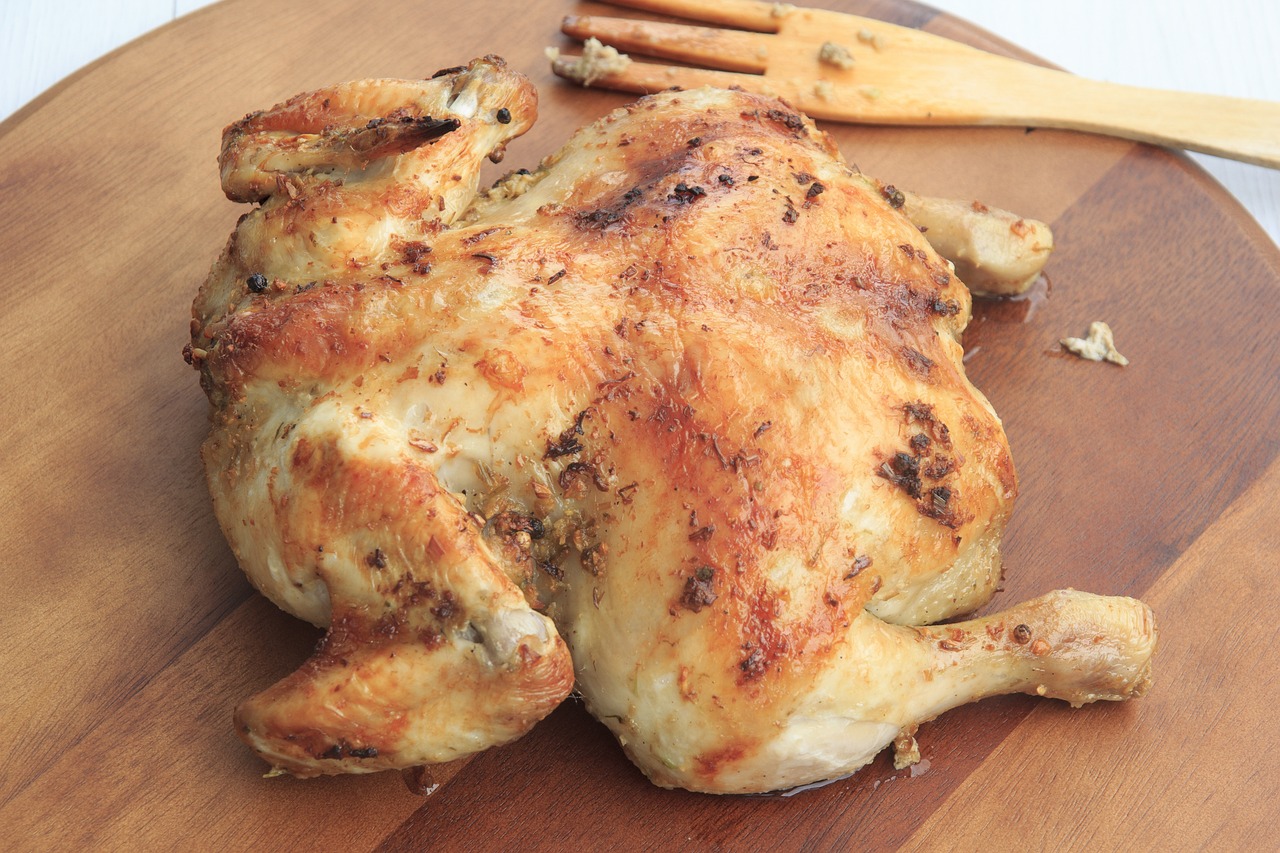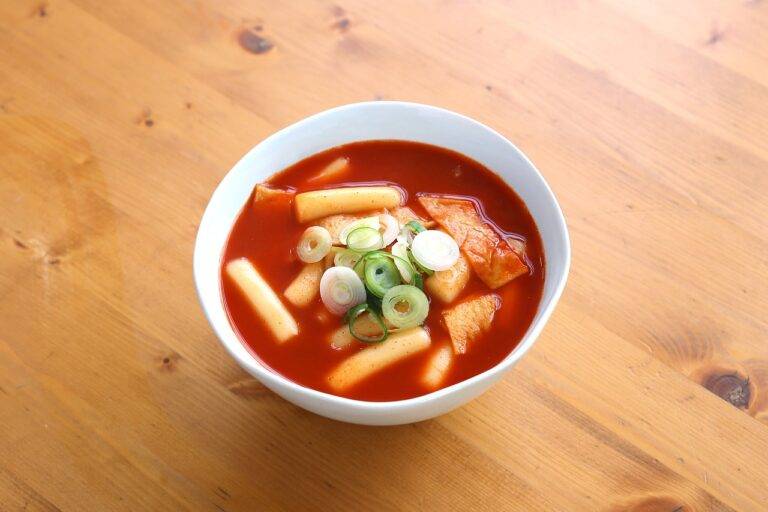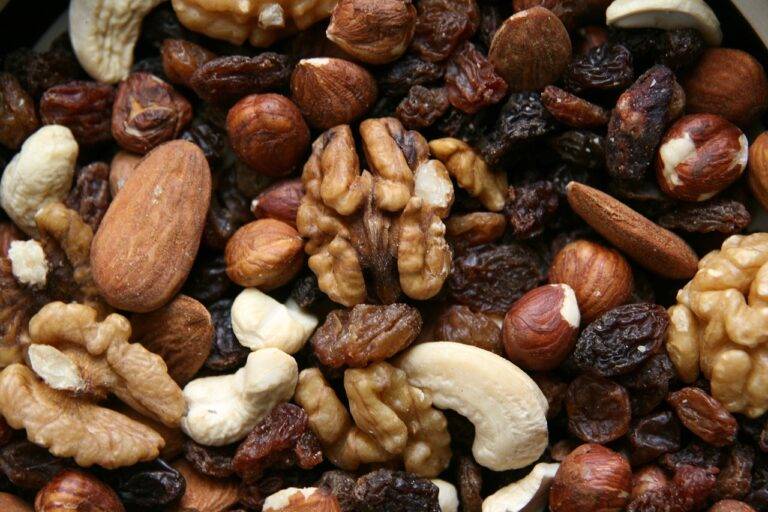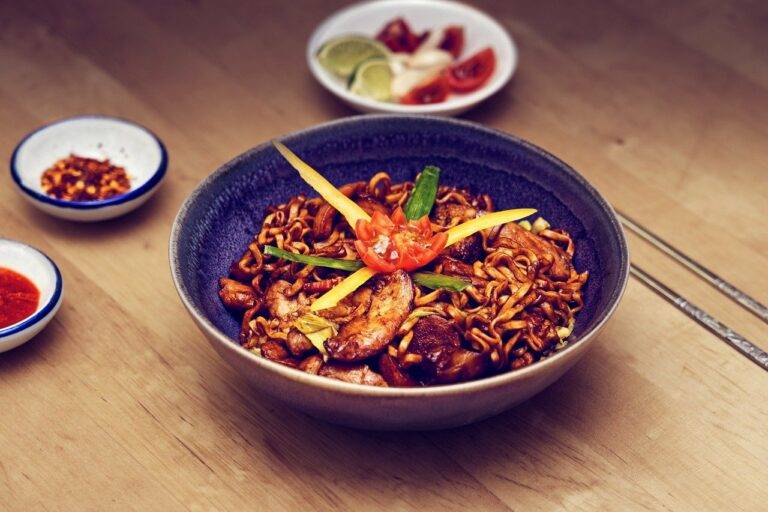The Role of Food in Celebrating Festivals Around the World
Festivals around the world are often intertwined with unique culinary traditions that hold deep cultural significance. In many cultures, food plays a central role in celebrating festivals, serving as a way to honor traditions, connect with loved ones, and pay homage to the past. From rich and savory dishes to colorful and sweet delights, the diversity of global cuisines reflects the diversity of celebratory practices.
At these special occasions, meals are prepared with meticulous care, often following age-old recipes passed down through generations. The act of cooking and sharing food during festivals is more than just a means of sustenance; it is a way to bond with others, express gratitude, and partake in collective memory-making. Through the language of food, festivals serve as a gateway to understanding the cultural values and identities of different communities around the world.
Traditional Dishes and Festive Rituals
Celebrations around the world are often marked by traditional dishes that hold special significance in the hearts of the communities that prepare them. From the rich flavors of mole in Mexico to the aromatic spices of biryani in India, these dishes not only nourish the body but also the soul. It is through the act of preparing and sharing these meals that families and friends come together to create lasting memories and strengthen bonds that transcend time.
Beyond the delicious flavors and mouthwatering aromas, these traditional dishes also hold symbolic meaning in the festive rituals of various cultures. Whether it is the intricate layering of ingredients in a lasagna dish to represent the layers of life’s experiences or the circular shape of a traditional mooncake symbolizing unity and completeness, these dishes are deeply woven into the fabric of cultural identity. Through the sharing of these meals during festive occasions, communities honor their heritage and pass down cherished traditions to future generations.
Why are traditional dishes important in festive rituals?
Traditional dishes are important in festive rituals because they often have cultural significance and help to bring people together to celebrate and honor their heritage.
How do traditional dishes vary from one culture to another?
Traditional dishes vary from one culture to another based on factors such as geography, climate, availability of ingredients, and historical influences.
What role do festivals play in preserving traditional dishes?
Festivals play a crucial role in preserving traditional dishes by providing a platform for communities to showcase and pass down their culinary traditions from one generation to the next.
Are there any common themes or ingredients found in traditional festive dishes around the world?
Yes, there are common themes or ingredients found in traditional festive dishes around the world, such as the use of seasonal produce, spices, and cooking techniques that are unique to each culture.
How can individuals incorporate traditional dishes into their own festive celebrations?
Individuals can incorporate traditional dishes into their own festive celebrations by researching recipes, cooking with friends and family, and exploring local markets for authentic ingredients.





